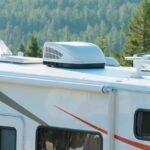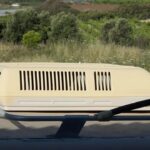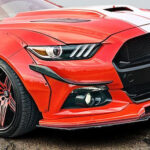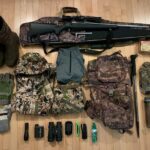It is not wrong to say that the air compressor has become a vital piece of work equipment, as today we can see it in almost every workshop, garage, warehouse, construction site and any other business organization. Only a few types of air compressors are most commonly used in various industrial applications, and the reciprocating air compressor is one of them. The main advantage of reciprocating air compressors is their capability to achieve high pressure ratios at comparatively low mass flow rates.
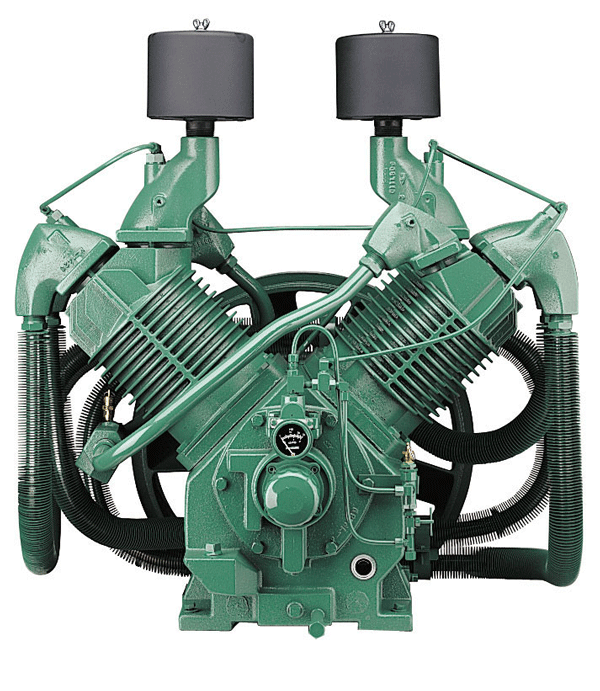
Reciprocating air compressors present a substantial, sometimes costly investment. Hence, buying the one that will suit your compressed-air needs and requirements is of highest importance. Note that the wrong choice of reciprocating air compressor may lead to enormous operating costs. So, here are couple of key points you need to know and consider before making the purchase.
- The Form
Normally, 3 forms of reciprocating air compressors are most prevalent.
– Single Stage Compressors – They feature 20 CFM (Cubic Foot per Minute) at a stress of 125 PSI (Pounds per Square Inch).
– Two Stage Compressors – Provide 50 CFM capacity at about 175 PSI.
– Twin Compressors – Most of them usually feature 18 CFM at 145 PSI.
- Capacity and Pressure – Knowing the exact capacity and pressure you need will help you select the right reciprocating air compressor. Estimate the total compressed-air needed for your business (based on the entire equipment and tools you use) and choose the compressors that will provide enough compressed air to power them all.
- Noise Level – As a future reciprocating air compressor buyer, you should keep in mind that this type of compressor makes a lot of noise. Thus, depending on where you plan to use it, choose ‘the one’ for you. A possible solution to reduce the noise of reciprocating air compressors is to use a suitable enclosure. Just make sure that there are enough ventilation holes, so that the compressor doesn’t overheat when running.
- Compressed Air Filters – Do not forget that the compressed air is dirty, hot and wet and you need it exceptionally clean. Depending on the particular application of the reciprocating air compressor, you will have to adequately filter and clean it from dirty water, oil and dust. For this reason, look for a reciprocating air compressor that features filters which eliminate water, oil and dust.

